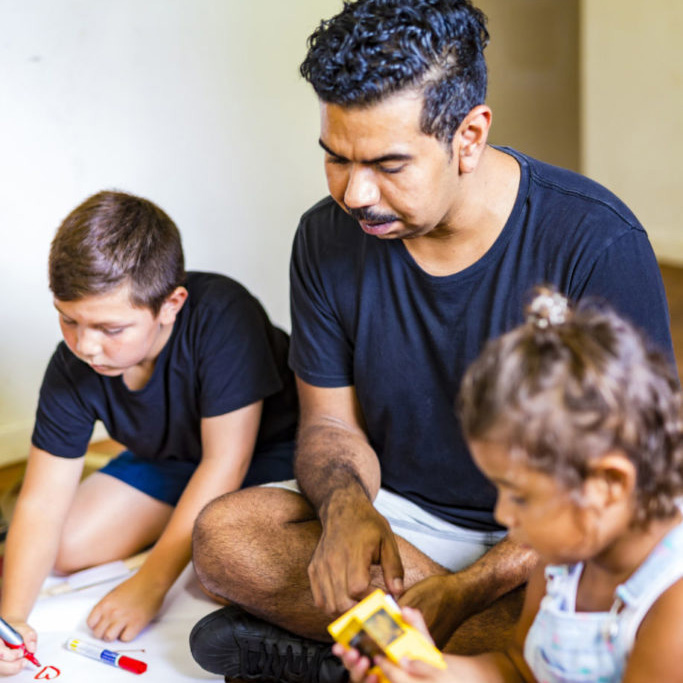What is respite foster care?

What is respite fostering?
Between work, family and other commitments, finding time to create a long-term environment for a foster child may not be possible for you right now. However, there are plenty of other ways to get involved and improve the lives of foster children and support their permanent carers. One of those ways is respite care.
Respite care provides a break for primary carers, either on a regular, planned basis or sometimes in emergency situations. This might look like weekend respite, for instance from Friday to Sunday, where the child will come from their primary placement to spend the weekend with you. Alternatively, the primary carer may want to create a regular schedule for respite care to give themselves and their family a break, while allowing their foster children to build more trusting relationships with other adults and families. This could be on certain weekends, during school holidays or over the festive season.
Respite carers may also provide care when a primary carer is unwell or has a family emergency, including on a one-off basis if regular respite foster carers aren’t available.
Hear from our respite carers
Alan’s story:
“I offer help and care in a number of ways, for a mix of kids, like short term, respite and emergency care when it’s needed.”
“Even though I’m working, a full-time dad, plus a foster carer who also offers respite care, I still manage to play sport regularly. When I get the chance, I love heading off on my own on my motorbike.”
A great way to get started
Becoming a foster carer is a big commitment. Many established foster parents begin their journey as a respite carer, finding their feet over short-term care periods before taking on the role as a full-time primary carer. The most important thing is that you’re able to give the best care possible and that the child or young person in care has the appropriate support at all times.

Why is respite care so important?
Respite care is more than just giving primary carers a ‘weekend off’. The type of support respite carers provide allows children and young people to build strong and supportive relationships outside their immediate care situation, in a similar way to extended family members like aunts, uncles and grandparents. This can help children and young people in foster care to build confidence in forming new relationships and create a stronger support network that could last for years to come.
Obviously, the ‘respite’ element of respite care is very important, too. Allowing full-time foster carers to take time for themselves is vital in preventing burn-out and ensuring that they continue to provide a high level of 24/7 care, long into the future.
Is it easier to become a respite foster carer than a full-time carer?
In short, no. Respite care is equally important and challenging as full-time care and thus requires all participants to be as prepared as possible! If you’re considering providing respite care, you’ll still need to complete the same foster care application process, background checks, ongoing training and approval process as a primary foster carer.

Foster care respite payments
As per the guidelines from the Queensland Government, dual payments are made to the primary and respite carer during the period of respite care. This means that both carers receive the same financial support during periods of respite. Respite foster care payments are capped at:
- 52 days per financial year for a child with moderate or high support needs
- 78 days per financial year for a child with complex or extreme support needs but not exceeding the equivalent of three days per fortnight
- An additional 20 days per financial year for emergency respite.
Financial payments made to foster carers are designed purely to cover the costs of caring for the foster child. The needs of the child in your care may include things like clothes, shoes, pocket money and books, as well as day-to-day costs like food and transport. You’ll be provided with a one-off ‘establishment allowance’ (or start-up allowance) to cover some of this.
If the child in your care requires complex support, you may be eligible for additional compensation for the costs associated with a higher level of care.
We’ve answered the most common questions asked by foster and kinship carers
